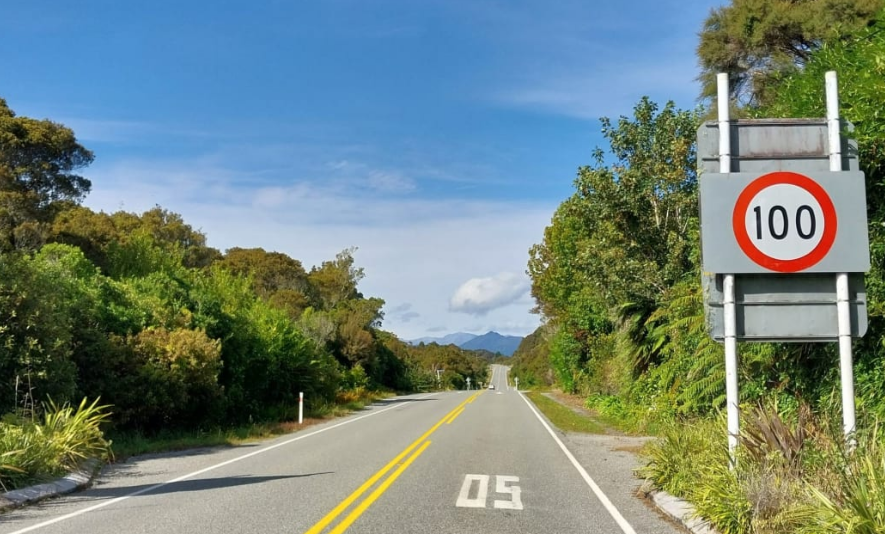
The official road death toll does not begin until 4pm on Christmas Eve (December 24), but people are already travelling to their summer destinations and there were four deaths in three crashes on Thursday alone.
The Christmas and New Year period was the deadliest holiday when it came to crash fatalities, according to the Ministry of Transport.
New Zealand Transport Agency/Waka Kotahi Wellington regional manager Mark Owen said three simple things would help ensure everyone got home safely.
"Plan before you go, check the vehicle is safe and in good order and most importantly just keep to the task in hand in terms of those that are driving.
"Turn off those cell phones, no drinking and buckle up."
Those travelling for many hours should make the drive a part of the holiday, rather than a task, Owen said.
"Maybe you haven't stopped somewhere before, let the children out and discover a new playground, or stop for a cup of coffee at a cafe you've never visited before."
A good rule of thumb was to make a stop every two hours, he said.

No need to rush
NZTA transport incident manager James Mei said patience was important on busy roads.
"There is no need to rush, you know. You're gonna get there eventually, maybe a bit late, but ... your loved ones are not gonna go anywhere.
"Be patient and have a good Christmas."
People could use the NZTA online journey planner to spot areas of congestion and avoid traffic jams.
Traffic supervisor Johnno Oti said the best thing to do during a breakdown was to pull over as far to the left as possible.
"Stay in your car and wait until help comes along.
"Have your hazards on, and if you are far enough off the shoulder, you should also put your bonnet up, letting anyone going past you know that you have broken down."
Police said they would work hard to keep people safe - but road users needed to play their part too.
Police labelled last summer's road toll of 21 as "absolutely unacceptable".
They said the main contributors to deaths and injuries on the road were speed, driving while impaired by alcohol, drugs or fatigue, driving distracted using a cell phone and not wearing a seatbelt.
Director of road policing Superintendent Steve Greally said there was no excuse for that behaviour.
"The best way to avoid being ticketed is not to speed, not to drive drunk or under the influence of drugs. It's that simple."
Police would be patrolling high-risk locations like state highways and rural areas during peak travel periods throughout the country.













